Reception
Stokenham Area Primary School
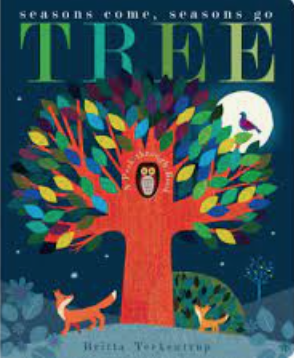
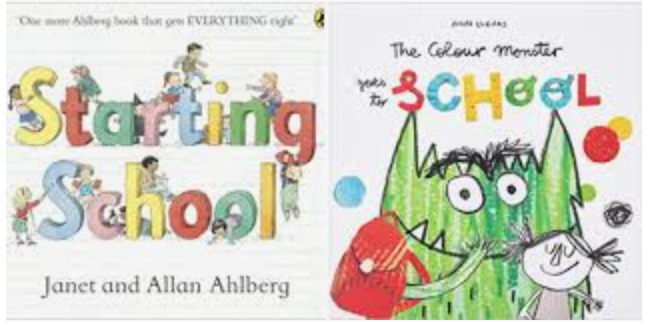
Outline Planning for Autumn Term 2025 Reception

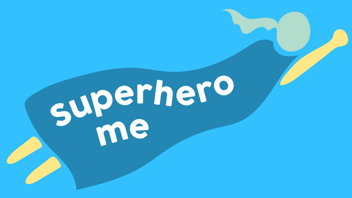
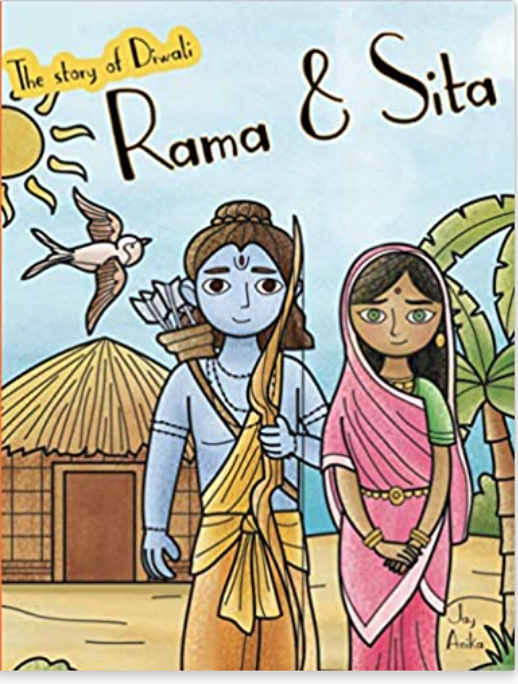
Autumn 1 topic = All About Me
Autumn 2 topic = Celebration and festivals
Welcome to the Stokenham Area Primary School family. Listed below are the themes for each area of learning that Reception will be exploring this term. Please also refer to the EYFS curriculum map on the school website for more information and detail.
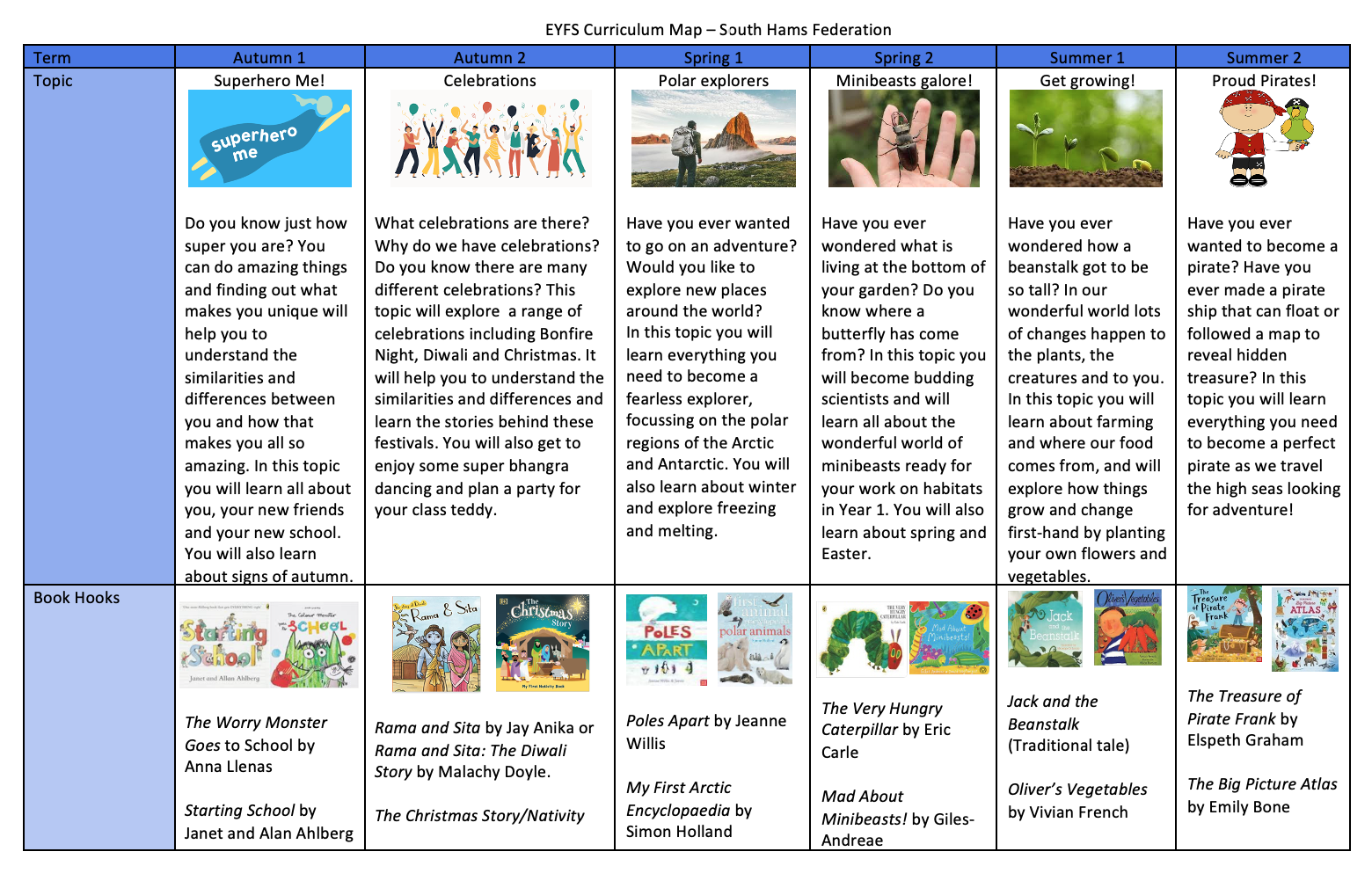
English/Literacy
In our daily phonics and English lessons we are concentrating on learning our initial sounds and the corresponding letters, based on the Little Wandle Letters and Sounds Revised systematic synthetic phonics (SSP) programme. You may find the informative videos on the attached links useful: https://www.littlewandlelettersandsounds.org.uk/resources/for-parents/ https://lettersandsounds.org.uk/index.php?page=reception There will be a presentation to parents on the structured Little Wandle programme and how we teach phonics this half term. All the sounds learnt in phonics sessions will be sent home each week to practice identifying, writing and blending. In school, the children will have guided group English sessions with Mrs Cowling and Mrs Stevens each week. They also have many opportunities to develop and practise their early literacy skills through the indoor and outdoor continuous provision.
The children will build up to having three group reading practice sessions per week linked to their decodable phonics book, focusing on decoding (blending/reading), prosody (reading with expression and intonation) and comprehension skills. This same book will be sent home to practise at home daily to develop fluency, confidence and enjoyment. The first few books have images only, to develop book skills, discussion and vocabulary and to make early experiences of reading pleasurable for the child and adults. On Fridays, the children can choose a high-quality ‘sharing book’ from our class library, which they can borrow for the week and then return the following Friday in order to choose a new text.
Mathematics
The focus for this term will be to raise the children’s confidence in counting, writing and representing numbers to 5 and beyond in different ways in a range of contexts, following the NCETM Mastering Number programme. Alongside this, we will be investigating measures, looking at shapes and participating in a variety of problem solving activities. All children will have guided group maths sessions with Mrs Cowling and Mrs Stevens, alongside daily whole-class teaching sessions and a range of child-led opportunities to develop mathematical skills through meaningful play during indoor and outdoor continuous provision.
Foundation topics (Understanding the World/Expressive Arts and Design)
During the first half of the term our cross-curricular topic is ‘All About Me’ and ‘Autumn’, moving on to ‘Celebrations and Festivals’ including Christmas in the second half of the term. Within these topics the children will be able to enjoy a wide variety of inspiring experiences including creating drawings and paintings of themselves and their families, going on autumn walks and creating autumn-inspired artwork using natural materials. Planned activities after half term include learning about different cultures and festivals, creating cultural artwork and dances and engaging in a range of Christmas-related arts, crafts and songs. In our Charanga music lessons, the children will listen to and describe different songs by a range of musicians through the unit ‘Me!’. They will explore and engage in music making and dance using a range of musical instruments, and will sing songs across the curriculum. The highlight of the term is the KS1 Nativity in December, which is always a truly special event.
Forest Schools/The Natural World
We are extremely lucky to have Mrs Moore from Forest and Beach taking our Reception class out for an extended Forest Schools session every Friday morning, where the children will be observing changes in the woods linked to the seasons and identifying native flowers, trees, insects and birds. She is supported each week by Ms Hinder (TA), and we also welcome any parent volunteers (subject to DBS checks). These calming and awe-inspiring sessions also improve mental health and wellbeing, in addition to helping to develop the children’s language and communication skills and their personal, social and emotional skills.
Please can your child can come into school wearing their Forest School clothes and shoes/trainers every Friday. They will need wellington boots, waterproof trousers and a thick waterproof coat or all in one every week. They need lots of warm layers under their coat. It is important that your child has the right outdoor clothing to allow this to be a positive experience for them. Warm, dry children will be happy outside whatever the weather. As the weather gets colder they will also need a woolly hat and gloves. Please can every item be clearly named, including wellies and bags. It is also useful to bring a plastic bag to put muddy/wet clothes and wellies in at the end of the session.
PE/Physical Development
In addition to engaging in a range of activities linked to improving gross and fine motor skills through indoor and outdoor continuous provision, we also use the Complete PE learning platform. These PE sessions will focus on key skills and co-ordination and will take place on Friday afternoons with our PE coach. Initially, the Reception children will not need to get changed into PE kits, but PE bags can be left in the cloakroom if you wish.
PSHE/Personal, Social and Emotional Development
This term the children will develop their personal, social and emotional skills, learning how to get on with each other and to have mutual respect and responsibility. This will be achieved through a variety of methods including through play, circle times as well as mindfulness yoga. We will introduce and explore our core school values: Kind, Safe, Responsible. The children also have a focused PSHE session/circle time, this term looking at the theme of ‘Relationships’ exploring families and friendships, safe relationships and respecting ourselves and others.
Home learning
In Reception we ask you to support your child’s learning by helping them practise their letter sounds and by hearing them read each night for 10 minutes (once books go home). Please record a brief comment/tick on the weekly reading grid in their blue reading records. It is also beneficial to help your child practise correct letter and number formation, writing their name and to practise counting and recognising numbers to 5 and then 10.
If you would like some ideas for optional tasks linked to our topics, this term you may wish to share family photographs from the past, create self-portraits or go on autumn walks in the local area, collecting autumnal objects to inspire artwork. After half term, you may wish to talk about different festivals and celebrations and create seasonal artwork. We always love to see the children’s home learning and will display it proudly. You can also upload any ‘wow moments’ or activities linked to our topics onto Tapestry.
A reminder that the children need to bring in a coat, water bottle (not squash) and their book bag into school every day. Please can every item be clearly named so that items can be returned to your child easily, particularly jumpers and cardigans which are often identical. Fruit snacks are provided so you do not need to send in snacks from home.
We are very much looking forward to supporting your lovely children with their learning and development this year, having lots of fun and creating many special memories along the way.
Kind regards,
Mrs Cowling (Reception teacher and EYFS Federation Lead) and Mrs Stevens (HLTA)
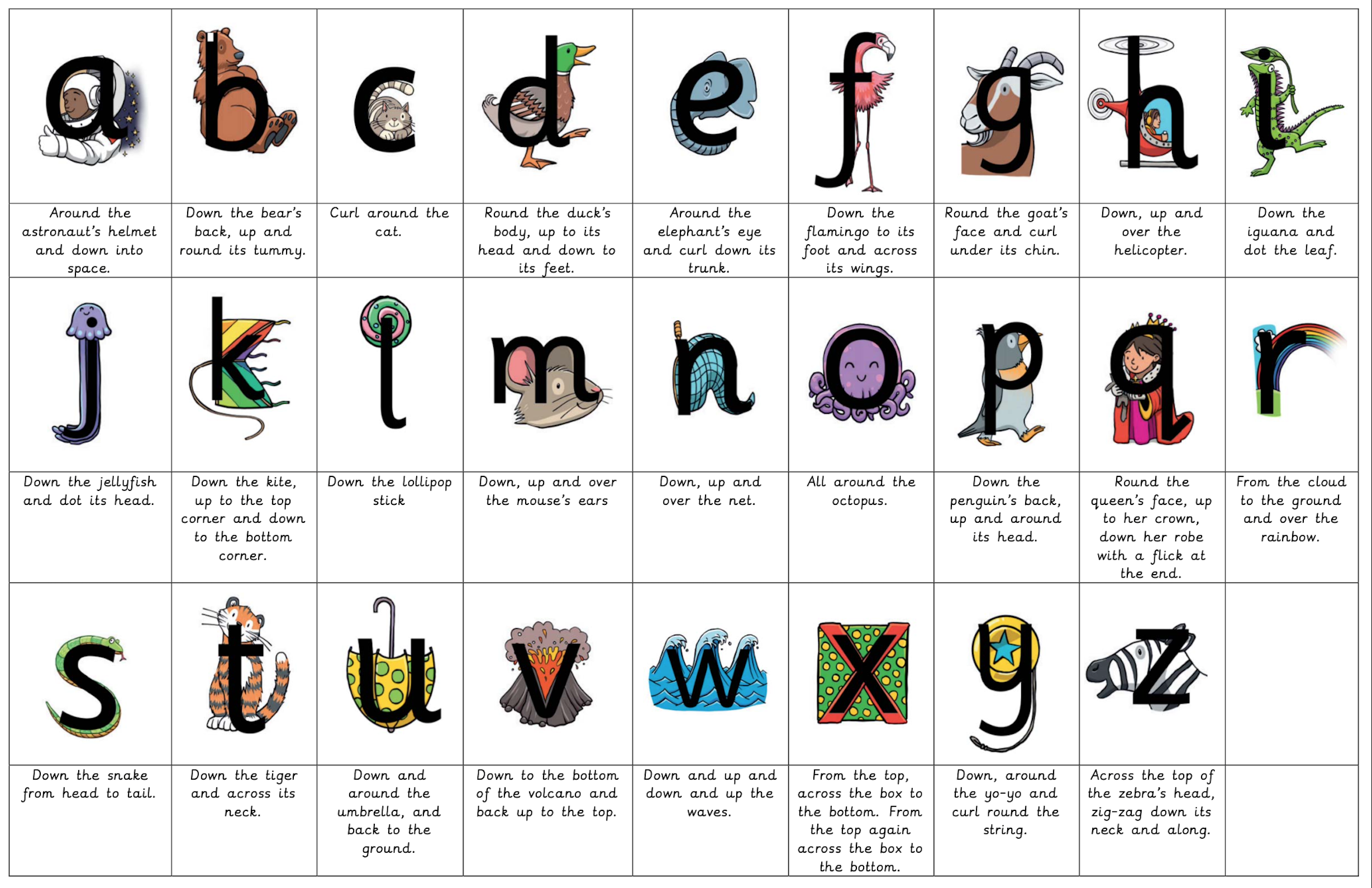
We are writing to you to give you an overview of the Early Years Foundation Stage Framework.
What Is the Early Years Foundation Stage?
The Early Years Foundation Stage (EYFS) is the stage of education for children from birth to the end of the Reception year. It sets the standards for the learning, development and care of your child from birth to 5 years old and ensure that your child will learn and develop well and be kept healthy and safe. It is based on the recognition that children learn best through play and active learning and is the same curriculum as in pre-reception settings. From September 2021 the EYFS has changed.
What Will My Child Be Learning?
The EYFS framework outlines seven areas of learning and development and educational programmes. There are three prime areas of learning, which are particularly important for your child’s development and future learning:
*Communication and language
*Personal, social and emotional development
*Physical development
There are four specific areas of learning, through which the prime areas are strengthened and applied:
*Literacy
*Mathematics
*Understanding the world
*Expressive arts and design
We will consider your child’s needs and interests to plan challenging and enjoyable activities and experiences. You can help us to do this by sharing your observations of your child’s interests at home.
There are also three characteristics of effective teaching and learning:
*Playing and exploring
*Active learning
*Creating and thinking critically
These tell us about how each child learns not what they are learning
Play is essential for children’s development, building their confidence as they learn to explore, relate to others, set their own goals and solve problems. Children learn by leading their own play, and by taking part in play which is guided by adults.
Assessment in the reception year – Baseline
The reception baseline assessment, or RBA is a short, interactive and practical assessment of your child’s early literacy, communication, language and mathematics skills when they begin in school. It will be undertaken with your child’s class teacher and will measure your child’s progress from reception to year 6. The data from the baseline will not be shared with you and will only be accessed by the DFE. The teacher will be able to spend quality 1-1 time with your child, getting to know them and identifying if they need any further support in certain areas. When your child reaches year 6, you will be able to see the progress your child has made throughout their school journey. If you wish to read further on the reception baseline, then you can find a useful parent booklet here;
https://www.gov.uk/government/publications/reception-baseline-assessment-information-for-parents
Assessment in the reception year – EYFS Profile
Your child will work towards the final assessment at the end of the Reception year, using the new ELGs (Early learning goals). These goals are short statements that teachers assess your child against at the end of the year.
Should you have any questions please do not hesitate to speak to your child’s class teacher.
Thank you for your continued support.
